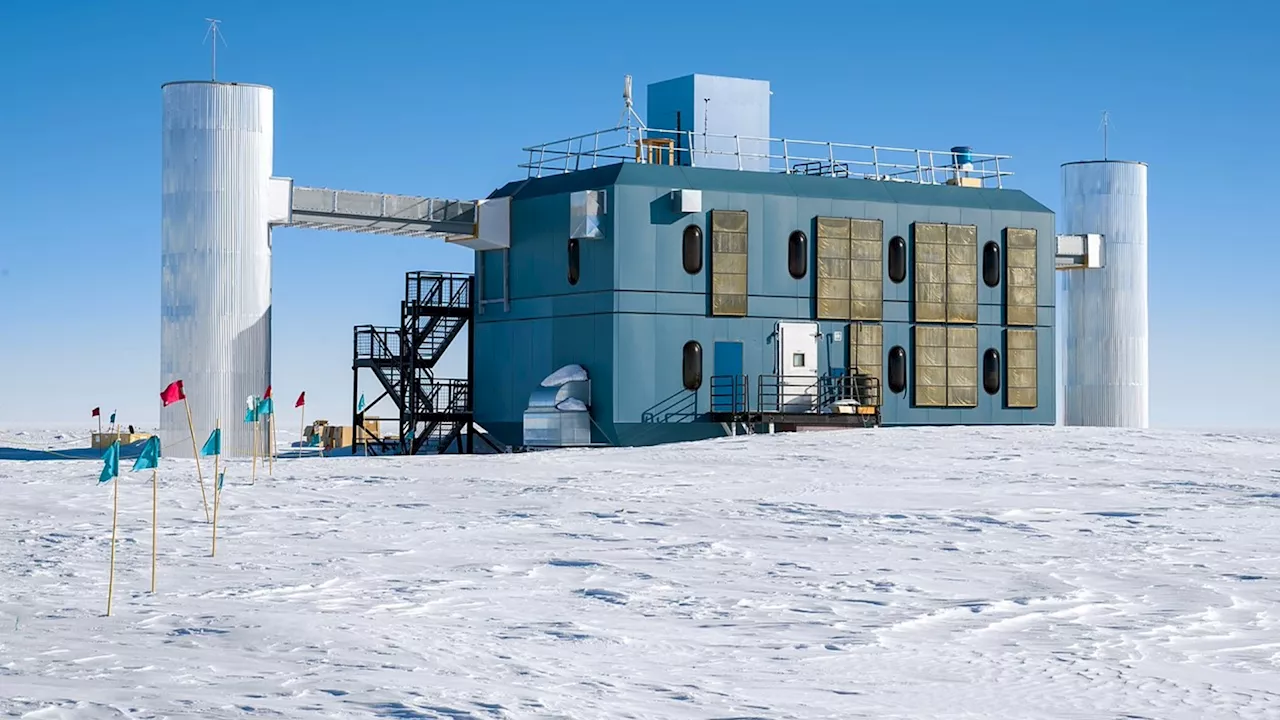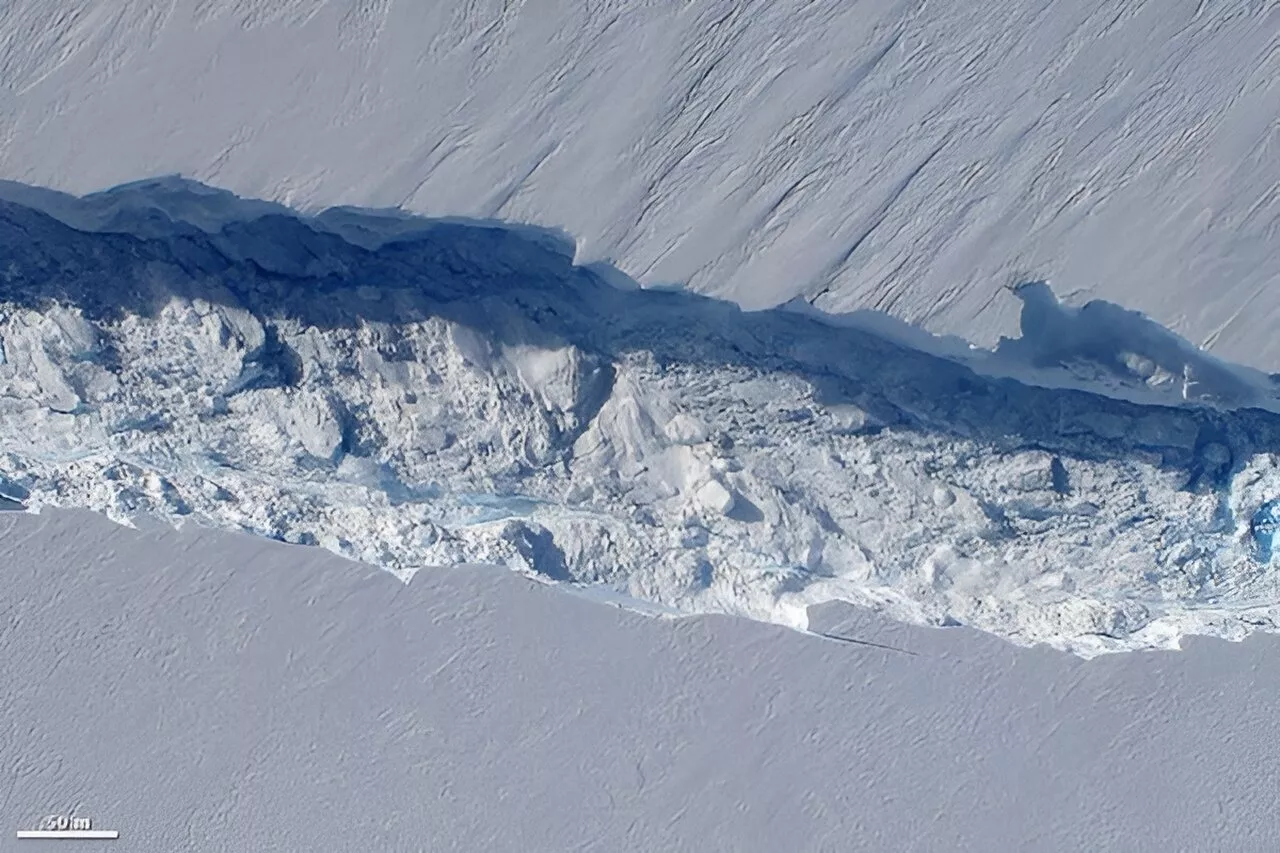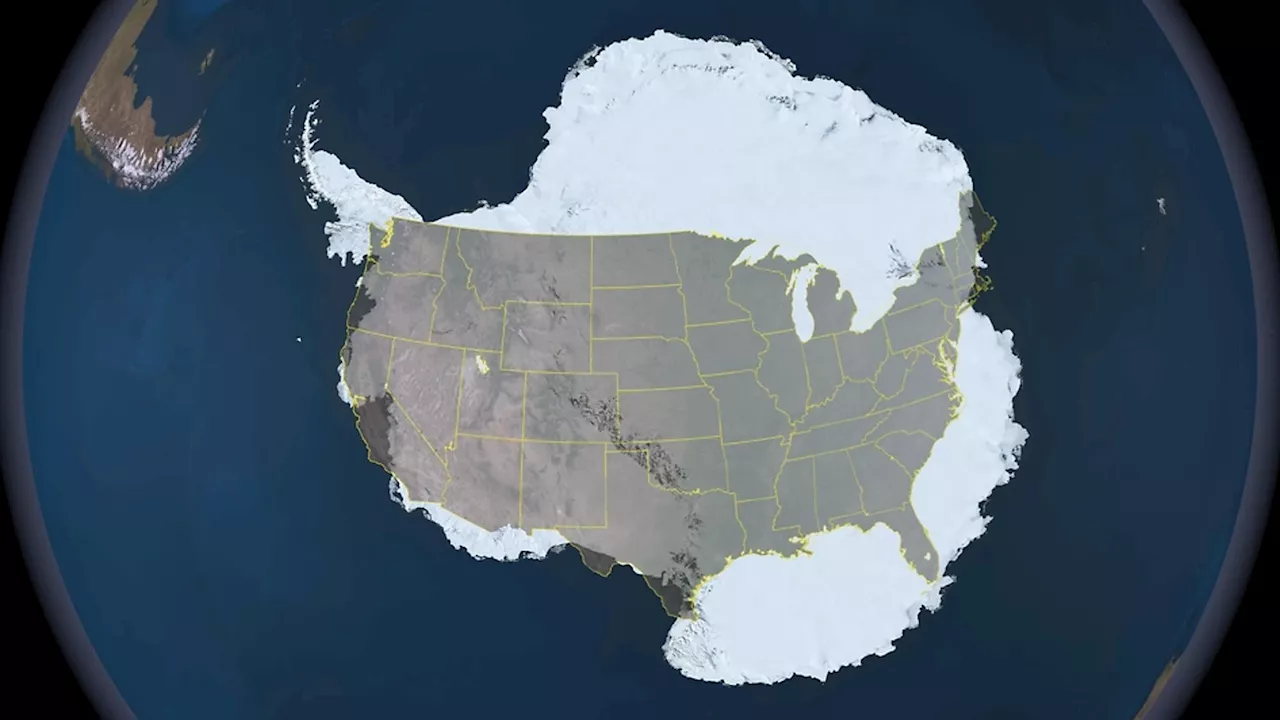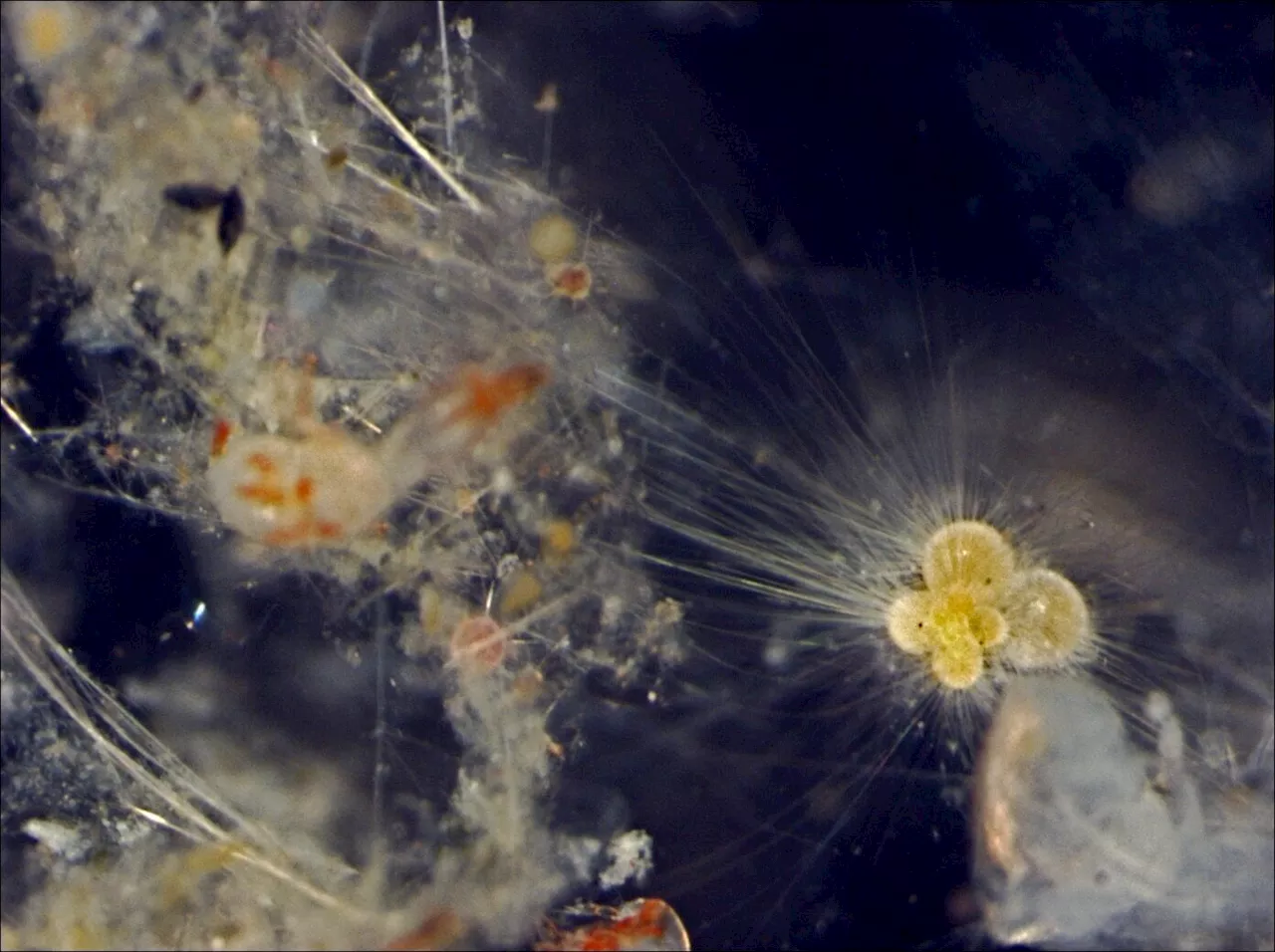Marine communities migrated to Antarctica during the Earth's warmest period in 66 million years long before a mass-extinction event.
Marine plankton behavior could predict future marine extinctions, study finds retrieved 17 April 2024 from https://phys.org/news/2024-04-marine-plankton-behavior-future-extinctions.html
This document is subject to copyright. Apart from any fair dealing for the purpose of private study or research, no part may be reproduced without the written permission. The content is provided for information purposes only.55 minutes ago Use this form if you have come across a typo, inaccuracy or would like to send an edit request for the content on this page. For general inquiries, please use ourThank you for taking time to provide your feedback to the editors.
Your feedback is important to us. However, we do not guarantee individual replies due to the high volume of messages.to let the recipient know who sent the email. Neither your address nor the recipient's address will be used for any other purpose. The information you enter will appear in your e-mail message and is not retained by Phys.org in any form.Get weekly and/or daily updates delivered to your inbox.
Physics News Science News Technology News Physics Materials Nanotech Technology Science
United States Latest News, United States Headlines
Similar News:You can also read news stories similar to this one that we have collected from other news sources.
 William Shatner is heading to Antarctica, and he wants you to join himJust over three years after the 'Star Trek' actor returned from his real-life space trek, the 93-year-old will take off for the bottom of the Earth.
William Shatner is heading to Antarctica, and he wants you to join himJust over three years after the 'Star Trek' actor returned from his real-life space trek, the 93-year-old will take off for the bottom of the Earth.
Read more »
 1000s of sensors to sniff out evidence of quantum gravity in AntarcticaA large-scale experiment has been taking place in Antarctica to solve one of the greatest enigmas in physics: the existence of quantum gravity.
1000s of sensors to sniff out evidence of quantum gravity in AntarcticaA large-scale experiment has been taking place in Antarctica to solve one of the greatest enigmas in physics: the existence of quantum gravity.
Read more »
 Largest ice shelf in Antarctica lurches forward once or twice each dayIn Antarctica, heavy glaciers are always on the move. Conveyor belts of ice, known as ice streams, are the corridors of faster flow that carry most of the vast glaciers' ice and sediment debris out toward the ocean.
Largest ice shelf in Antarctica lurches forward once or twice each dayIn Antarctica, heavy glaciers are always on the move. Conveyor belts of ice, known as ice streams, are the corridors of faster flow that carry most of the vast glaciers' ice and sediment debris out toward the ocean.
Read more »
 Why artificial submarine curtains won't save West Antarctica's retreating glaciersSome researchers have recently proposed the construction of artificial structures—submarine curtains or walls—to stop the warming ocean from getting to the most rapidly melting glaciers in West Antarctica.
Why artificial submarine curtains won't save West Antarctica's retreating glaciersSome researchers have recently proposed the construction of artificial structures—submarine curtains or walls—to stop the warming ocean from getting to the most rapidly melting glaciers in West Antarctica.
Read more »
 Antarctica is covered in volcanoes, could they erupt?Jennifer Nalewicki is a Salt Lake City-based journalist whose work has been featured in The New York Times, Smithsonian Magazine, Scientific American, Popular Mechanics and more. She covers several science topics from planet Earth to paleontology and archaeology to health and culture. Prior to freelancing, Jennifer held an Editor role at Time Inc.
Antarctica is covered in volcanoes, could they erupt?Jennifer Nalewicki is a Salt Lake City-based journalist whose work has been featured in The New York Times, Smithsonian Magazine, Scientific American, Popular Mechanics and more. She covers several science topics from planet Earth to paleontology and archaeology to health and culture. Prior to freelancing, Jennifer held an Editor role at Time Inc.
Read more »
 Antarctica Will Teach Us A Hard Lesson About Non-Linear ChangeChanges happening in Antarctica may be non-linear in scale. Scientist worry a tipping point many soon be reached.
Antarctica Will Teach Us A Hard Lesson About Non-Linear ChangeChanges happening in Antarctica may be non-linear in scale. Scientist worry a tipping point many soon be reached.
Read more »
